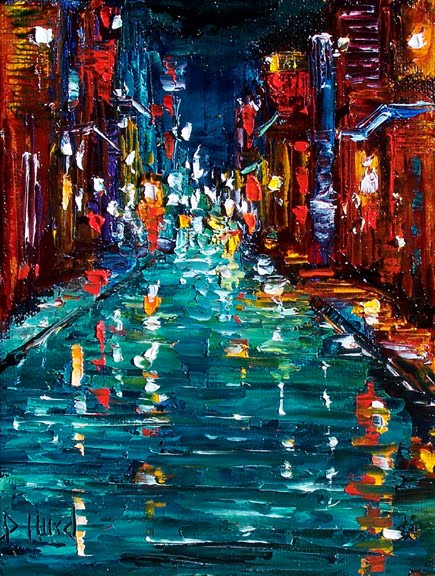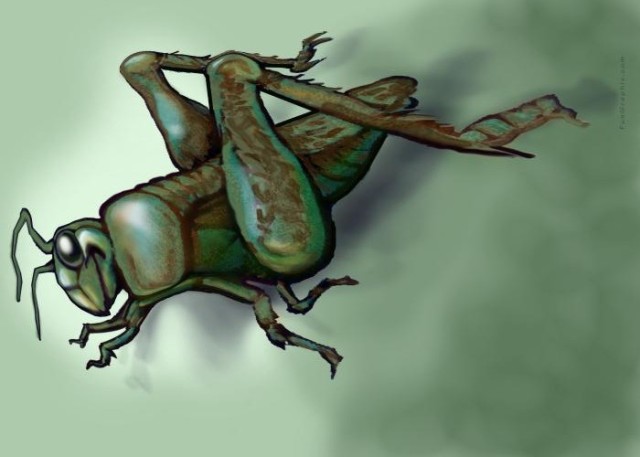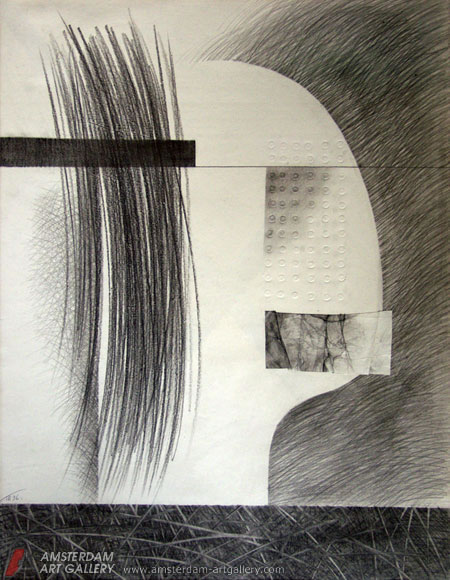Listen to Aram Saroyan’s Crickets
Aram Saroyan’s poetry may evade any poetry enthusiast reading for a coherent meaning in and between the lines. His one-line poems may seem outlandish and vague to many. When I first came across his oeuvre, I was stuck by the idea of communication through symbol; and they called it poetry.
Poetry, it is.
No matter how much we like to enjoy an art form without delving into its intricacies, It is true, that its impact grows manifold when we relate, understand and “lemon squeeze” it. We are constantly, consciously or unconsciously, on a look out for a meaning.
When I read Aram Saroyan’s poetry, I couldn’t put my mind to rest until I could decode the symbol, people call poetry. If coding decoding is poetry, as someone at wordpress.org would like to call “code is poetry” ( being technically challenged, I would refrain from commenting on the quote within the implications it is used at wp.org, allow me to take it vice versa), then the best way to enjoy it is to deconstruct the Derridian signifier-signified of the symbol. I wouldn’t hesitate to bring critical tenets to poetry, no matter how sacrilegious it may seem. Everything, afterall, is a quest for meaning.
Being an avid pessimist, I yearn for meaning in nullity; nihilism in reason. I guess that’s the reason why Saroyan’s poem (never mind if you think it isn’t one) Crickets drew me to its depths. A one-word poem running repeatedly until the end of the page, it runs beyond an ordinary understanding of a regular poem. If you read the poem, you are likely to shrug and conclude: this is nuisance! It doesn’t make sense.
I agree, it doesn’t. Yet, I insist it does.
The poem holds in itself a moment of epiphany. It occurs as a spark when you suddenly, for a fraction of second, pull down your hand-me-down glasses and see the world with your own vision. The recitation of the poem makes the experience unforgettable.
Crickets are the symbol of hope. They chirp monotonously after the rains, and even amidst the mundane ear itching sound, there is a message of rain. There is a meaning in recurrence, in monotonous chirping, in every chirp which may sound the same but is different. The rendition of Aram Saroyan’s Crickets is a reflection of that meaning. Every next word, even if it is the same, comes to life as an independent entity with its own meaning, as you hear it.
The poem is an art form of Nietzsche’s philosophy of ‘eternal return’- the belief “that this life as we live it at present, and have lived it; we will have to live it again once more, and also innumerable times; and there will be nothing new in it but every pain and every joy and every thought and every sigh, and all the unspeakably small and great in our life must come to us again, and all in same series and sequence, and that “the recurrence will recur ad infinitum.”
It is this recurrence that would occur ad infinitum, that is reflected in the poem. Nietzsche asks “Isn’t such a recurrence where you cannot change anything a burden?” With this poem, Saroyan answers that if at all it is a burden, it can be made bearable by opening ourselves to the possible visions of the world, in and about us.
Copyright, Tina Rathore












